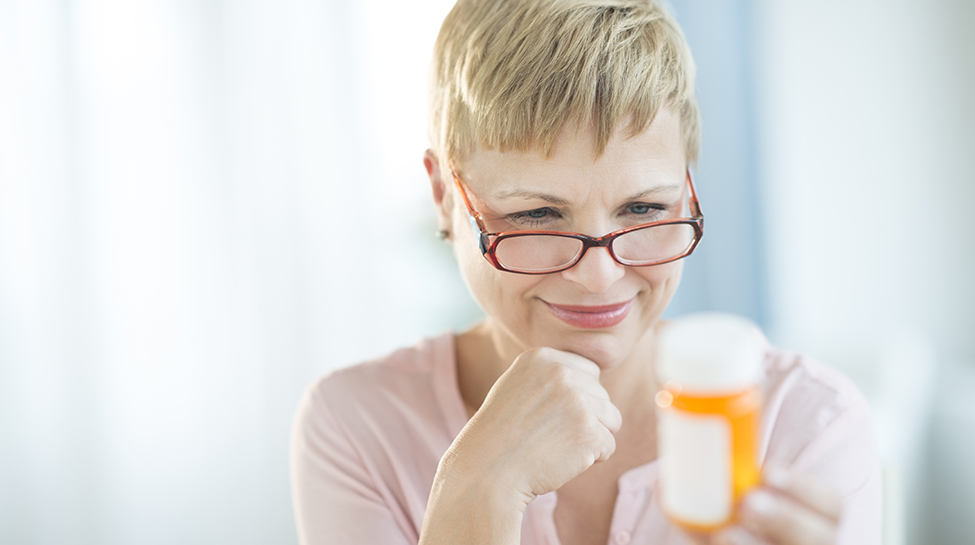Opioids are a class of drugs used for pain. When taken as prescribed by your doctor, they can help reduce pain. However, these drugs may be harmful to your health if not used as directed. Using opioids incorrectly or for a long time can increase the risk of misuse. They can put you at risk for unwanted side effects, such as slowed breathing, addiction, or even death.
There are other drugs that may be helpful to reduce your pain. Alternatives to opioid medications include Tylenol (acetaminophen), Advil (ibuprofen), and Aleve (naproxen). You can also talk to your doctor about alternative medications for pain.
Nondrug options
Besides medications, there are many nondrug ways you could try to control pain, increase movement, and improve quality of life. Your plan may cover some of these options; check your Member Handbook for more information. Examples include:
- Physical therapy and acupuncture
- Cognitive behavior therapy (CBT)
- Exercise and the Active&Fit® fitness program
- Massage therapy
- Meditation
How to dispose of unused medication
Safe medication disposal is important to keep our community safe. Unneeded, unused, or expired medications should be disposed of as soon as possible. This is especially important for opioids to avoid accidental poisoning, misuse, or abuse. Proper disposal of unused medications saves lives.
The best way to dispose of most types of medications is to take them to a local Drug Take Back program or a permanent collection site. Examples include:
- Fire stations
- Police stations
- Select municipal buildings
- Select pharmacies
For more information, visit FDA.gov/Drugs.
If you have questions about disposing of your medications, ask your pharmacist, or contact our Customer Service team. We can help you find the drop-off site nearest you.

